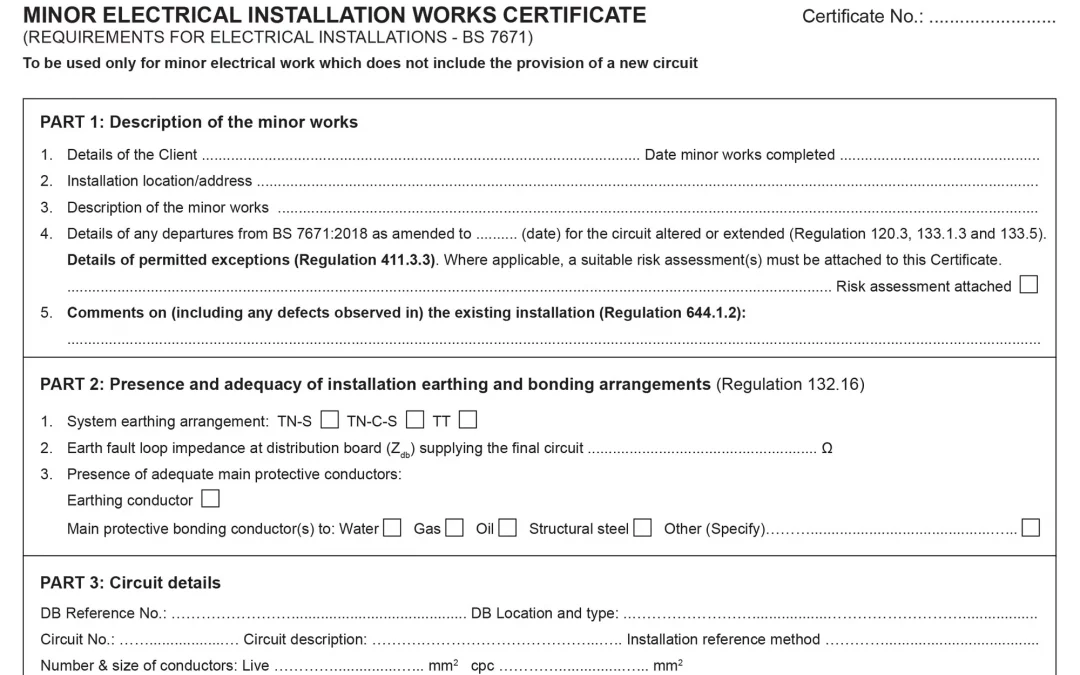An Electrical Installation Condition Report (EICR) certificate is primarily intended for individuals or organizations who own, occupy, or manage a property with an electrical installation. Here are some specific scenarios where an EICR certificate is typically needed:
1. Homeowners:
– Homeowners in London may require an EICR certificate to ensure the electrical safety of their property. This is particularly important when purchasing a new home, renovating an older property, or on a periodic basis to identify any potential hazards or necessary repairs.
2. Landlords:
– Landlords are often legally required to obtain an EICR certificate to ensure the safety of their tenants. Regular EICR inspections, typically every 5 years or when there is a change of occupancy, help identify and rectify any electrical issues, reducing the risk of electrical hazards for tenants.
3. Property Sellers:
– When selling a property, obtaining an EICR certificate can provide potential buyers with reassurance about the electrical safety of the installation. It can also help identify and address any issues that may impact the sale or cause concern during the buyer’s due diligence process.
4. Property Buyers:
– Individuals purchasing a property may choose to obtain an EICR certificate as part of their due diligence. This allows them to assess the condition of the electrical installation and identify any potential problems or necessary upgrades before finalizing the purchase.
5. Commercial Property Owners and Occupiers:
– Commercial properties, such as offices, retail spaces, and industrial units, also require regular EICR inspections. This helps ensure the safety of employees, customers, and visitors, and it can identify any electrical issues that could impact business operations.
6. Landlords of HMO (House in Multiple Occupation):
– Landlords who own or manage an HMO, which is a property shared by multiple tenants, often have a legal obligation to obtain an EICR certificate. This is to ensure the safety of all occupants and to comply with local licensing requirements.
7. Property Managers:
– London Property management companies or individuals responsible for managing rental properties on behalf of landlords often arrange for EICR inspections as part of their duty of care to tenants and to fulfill their legal obligations.
8. Local Authorities and Social Housing Providers:
– Local authorities and social housing providers are responsible for ensuring the safety of their tenants and residents. Regular EICR inspections are typically conducted to maintain safe electrical installations in their housing stock.
It’s important to note that regulations and requirements can vary depending on the country and local laws. Always consult with local authorities, industry professionals, or legal advisors to understand the specific obligations and recommendations regarding EICR certificates in your region.

